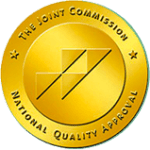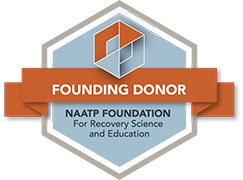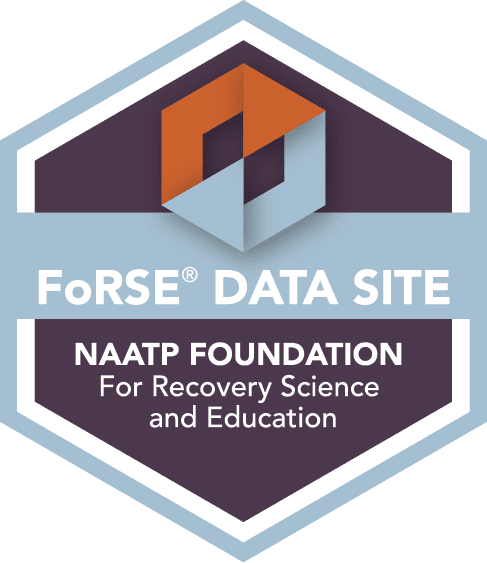Continuing Care for Mental Health in Sobriety
Sobriety is an amazing journey, but the journey does not end when you put down the substance. One of the very first things I learned during my time at High Watch was during a Living Sober group. The group leader exclaimed “life is not all cupcakes and rainbows just because I got sober.” It wasn’t until later in my sobriety that I truly understood the depth of that comment.
 In the early days of recovery, we all focus on putting one foot in front of the other, getting to meetings and staying away from a drink one day at a time. Sometimes we take it minute by minute and every day is an enormous victory. We get our feelings back and ride the rollercoaster of experiences that we had missed out on for so long. Some people experience the “pink cloud” where every day is beautiful and our gratitude for being sober is enough to keep up smiling from ear to ear. Unfortunately though, the pink cloud does not last forever, and life does come with its struggles, as life always does. Being free from grip alcohol had on us does make life more manageable, but even non-alcoholics need help.
In the early days of recovery, we all focus on putting one foot in front of the other, getting to meetings and staying away from a drink one day at a time. Sometimes we take it minute by minute and every day is an enormous victory. We get our feelings back and ride the rollercoaster of experiences that we had missed out on for so long. Some people experience the “pink cloud” where every day is beautiful and our gratitude for being sober is enough to keep up smiling from ear to ear. Unfortunately though, the pink cloud does not last forever, and life does come with its struggles, as life always does. Being free from grip alcohol had on us does make life more manageable, but even non-alcoholics need help.
So what do we do when life gets hard and going to meetings and working with other alcoholics isn’t enough?? Even the Big Book suggests that we need outside help at times. In the Chapter ‘The Family Afterward”, page 133 says “Try to remember that though God has wrought miracles among us, we should never belittle a good doctor or psychiatrist. Their services are often indispensable in treating a newcomer and in following his case afterward”.
At High Watch, every guest is provided with a therapist during their stay. During therapy they are able to work through the most immediate problems whether they are anxiety, depression or trauma. They take a good look at what brought on their addiction and where their problem with alcohol may have started. The guests are encouraged to continue with their therapy post discharge and are provided with therapist’s names and appointments if they wish.
Continued therapy is the ability to go deeper in to the issues that may have caused us to turn to drinking to begin with. As we say, alcohol is just a symptom of a deeper issue. Therapy is also a safe place to discuss things that you may not be comfortable speaking to your sponsor about. It gives us a space to deal with trauma whether it is from years ago or it is something that has just happened. When life throws you a curve ball, you will be prepared with extra support in addition to your fellowship and sponsor. Putting down the substance is just the beginning of your journey in addiction recovery.
In my own personal sobriety, I have suffered losses, dealt with problems at home and I think it’s safe to say we have all had to deal with issues during the pandemic. Throughout it all my sponsor and my network have been amazing, but without the additional support and direction I received through my continued therapy I’m not sure where I would be. My therapist could help me see things that my sponsor couldn’t and vice versa. I was provided with additional tools and coping mechanisms on top of going to meetings and working the twelve steps that I wouldn’t otherwise have.
The twelve steps can help us to weed out our character defects and help us to rely on a power greater than ourselves, they are indeed a powerful tool for change. But if you find that you are working the steps and still dealing with dysfunction in your life, whether it is depression, an unhealthy relationship with food or any form of mental health please do not hesitate to seek additional help. You could have 30 days or 30 years and still reap the benefits from having a therapist in your life.








